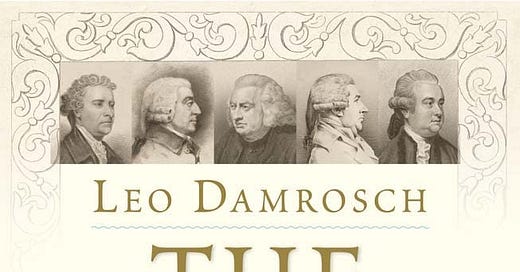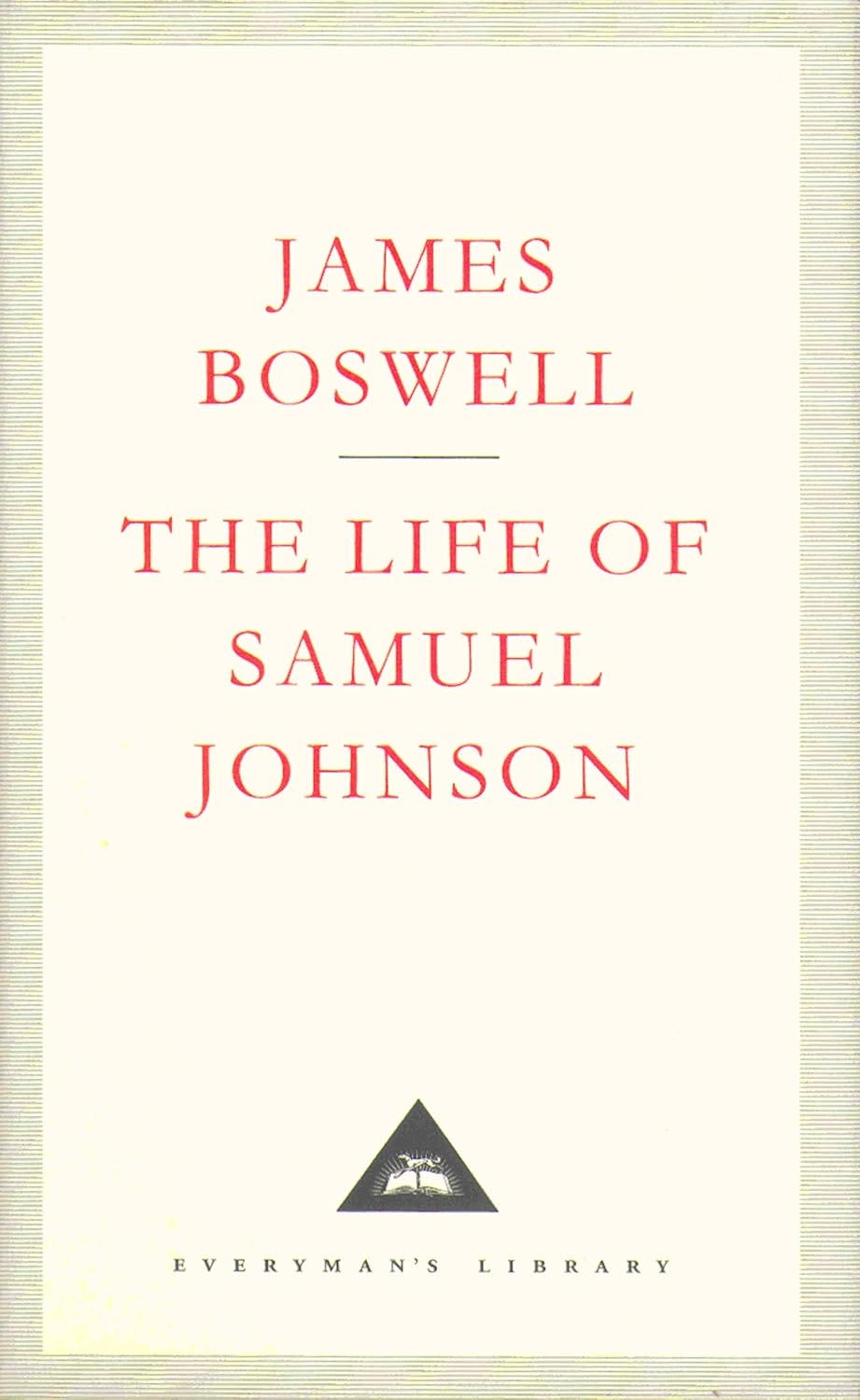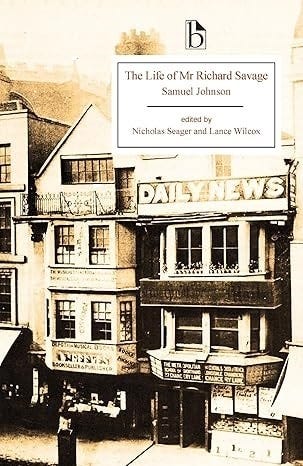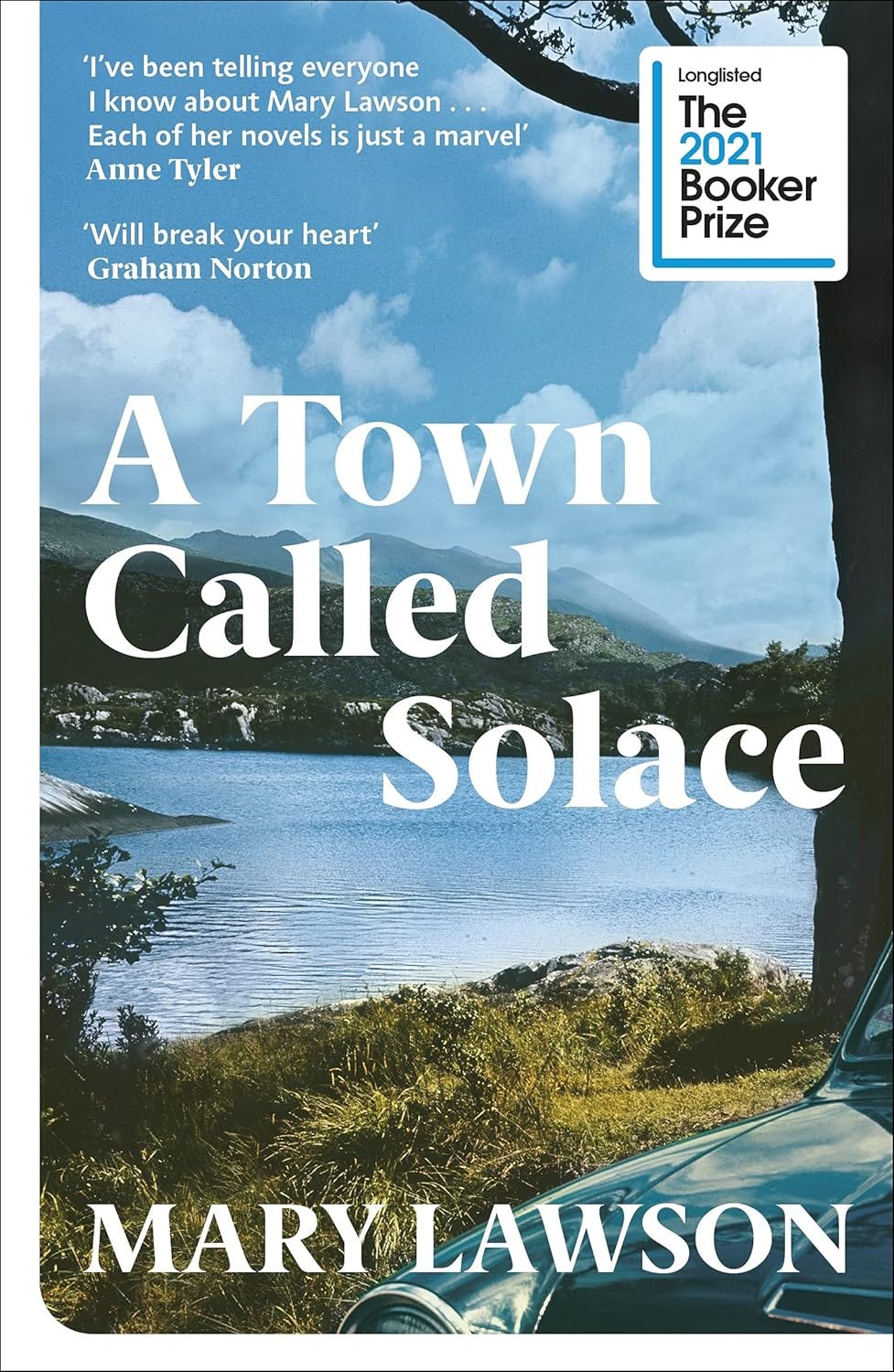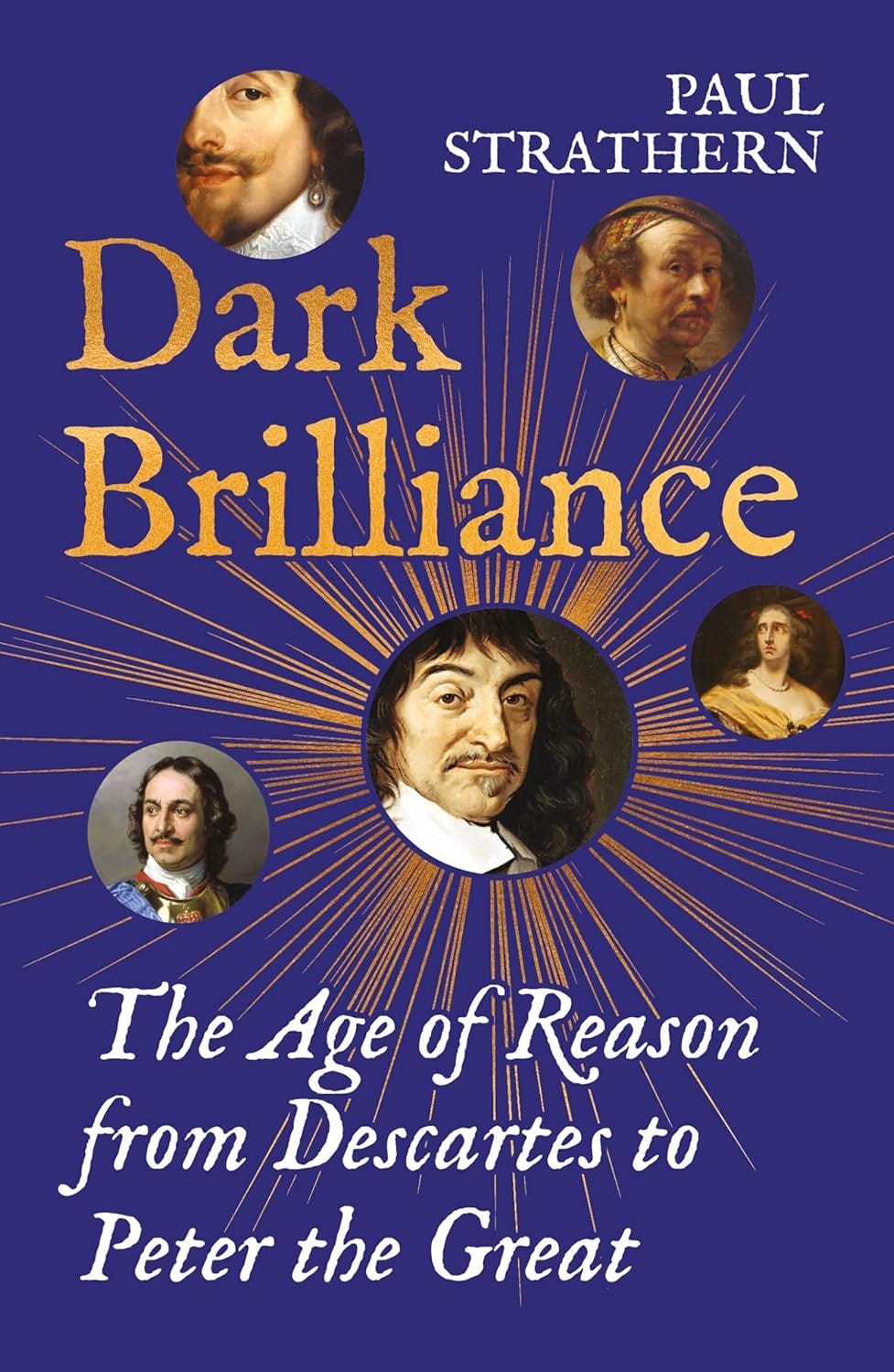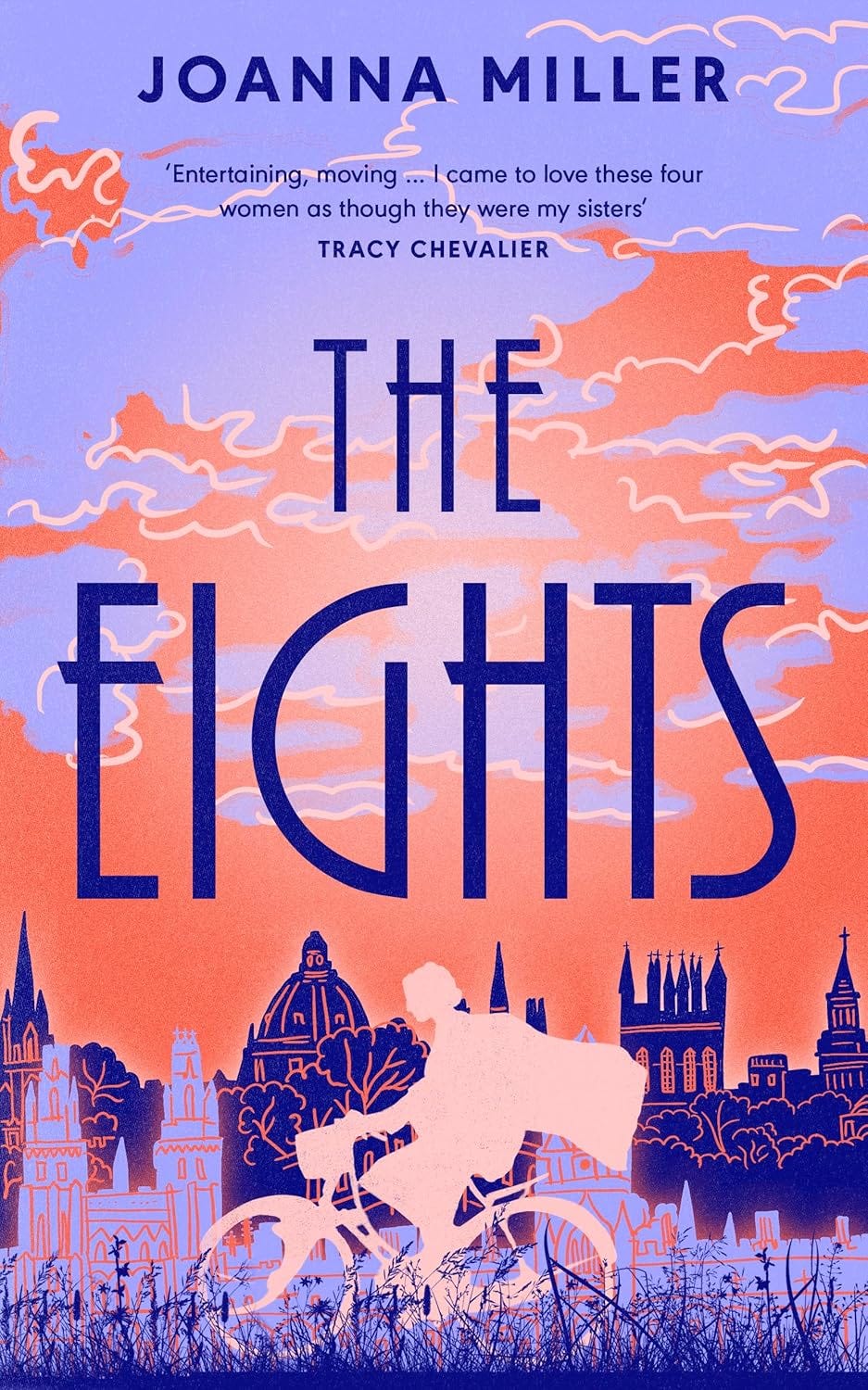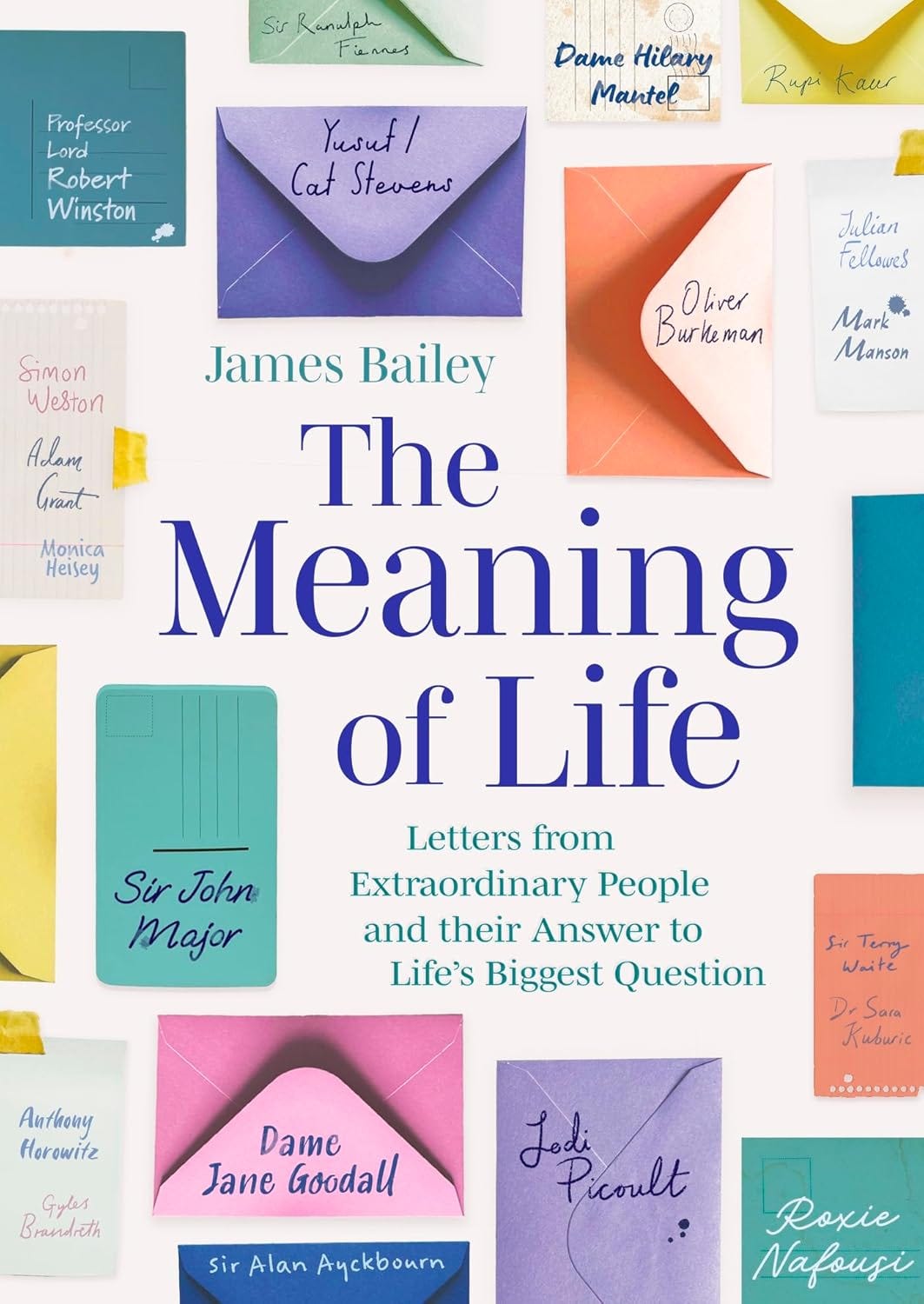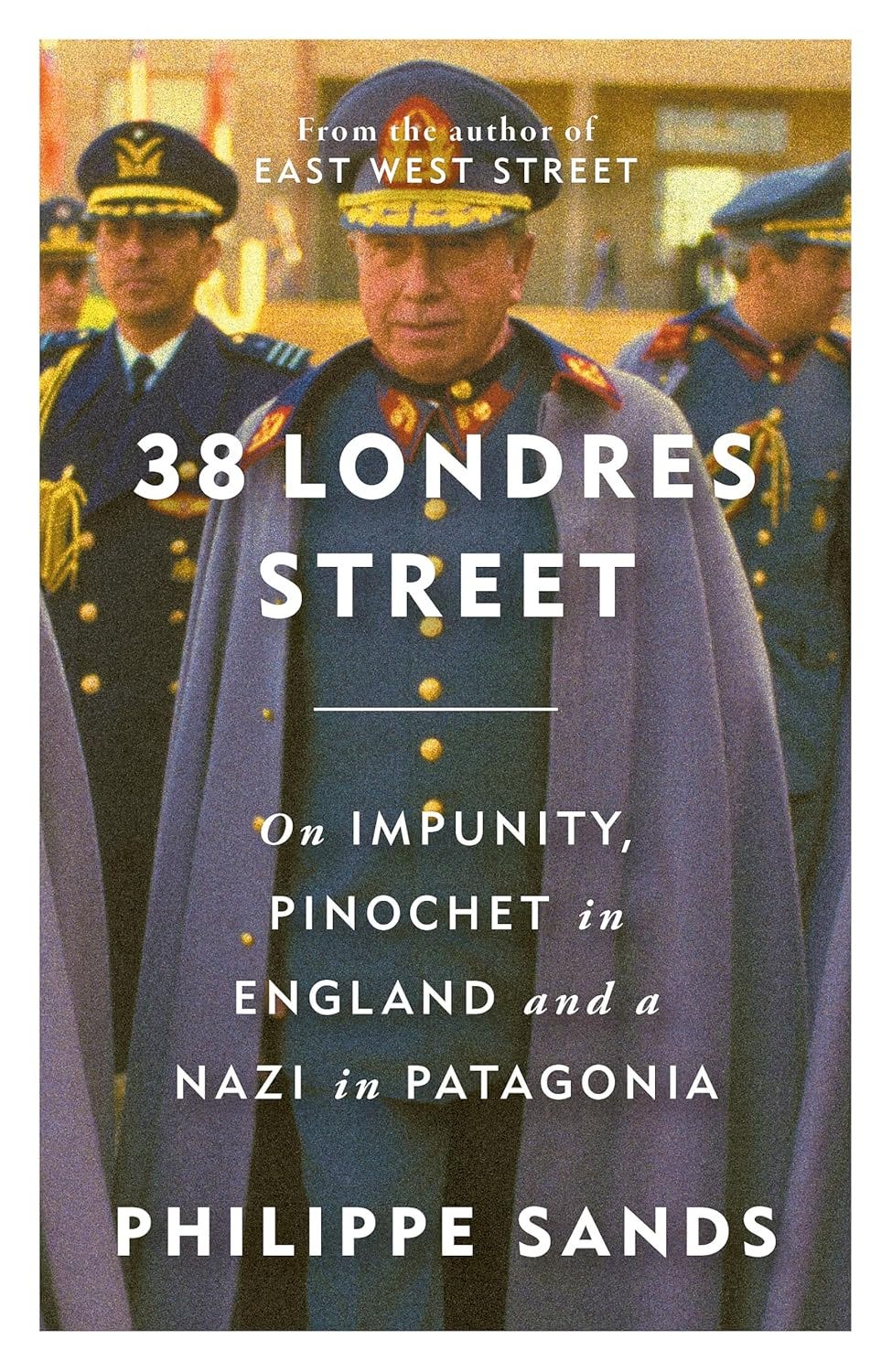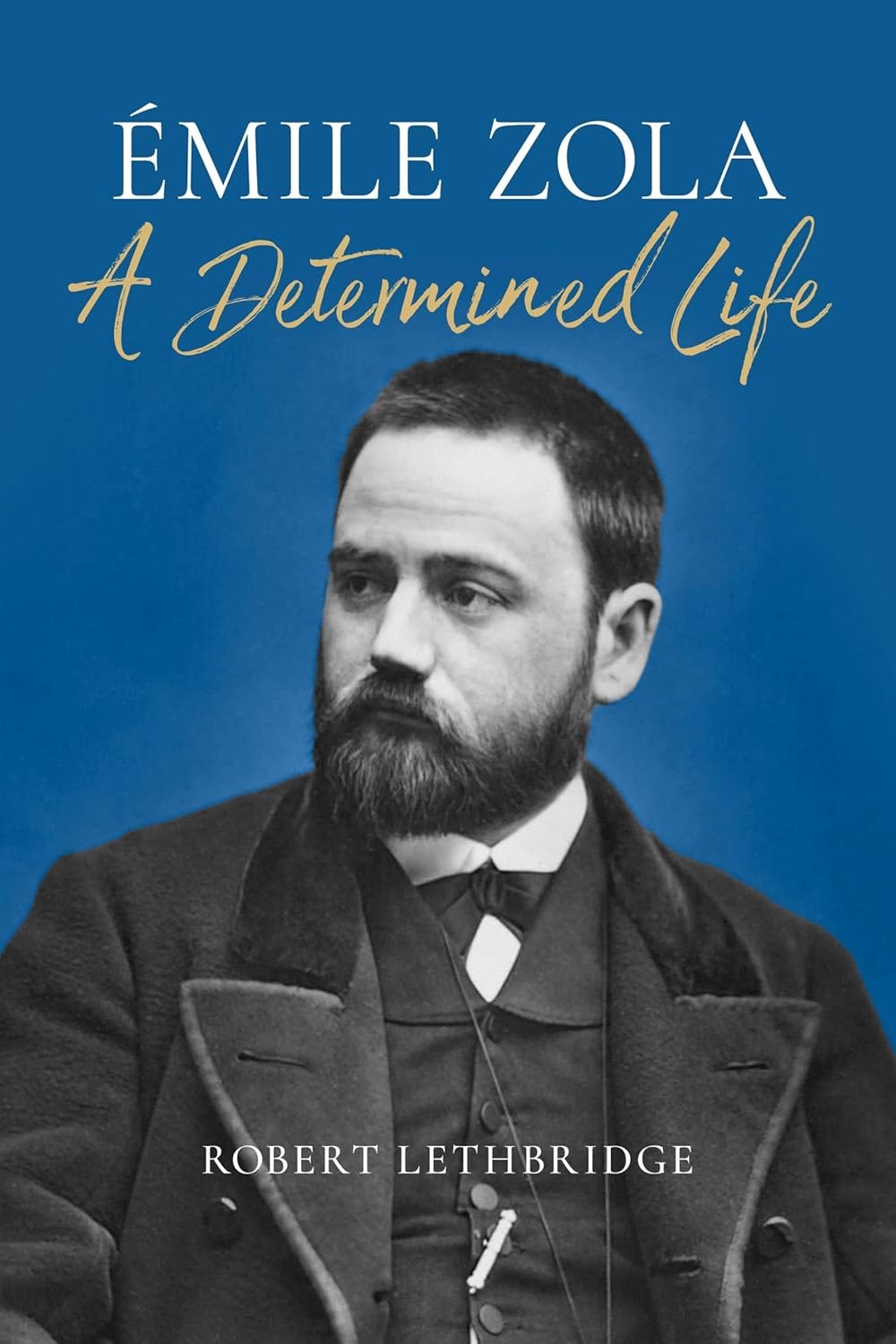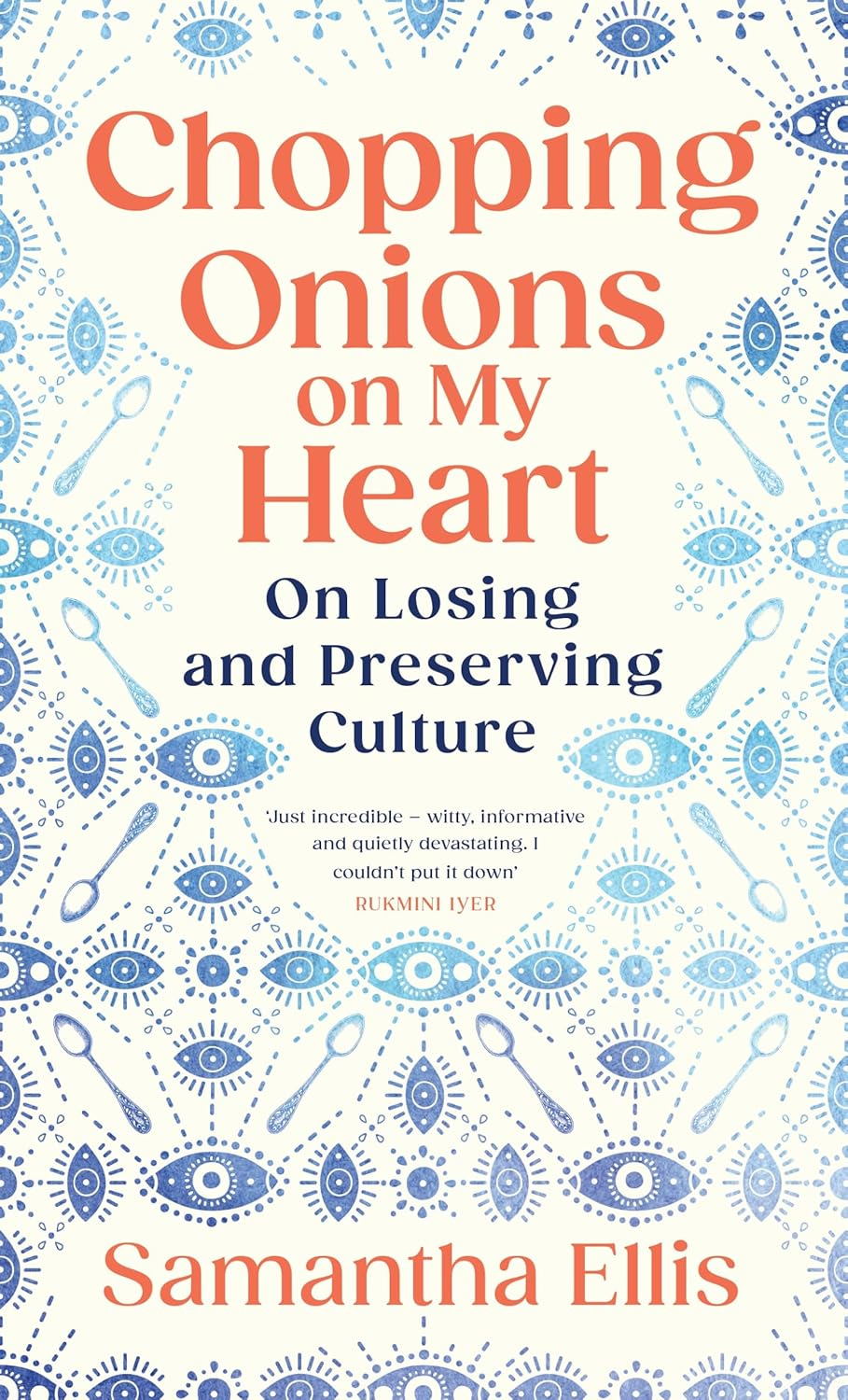Dear Fellow Bookworm
I spent a few days in London last week teaching, but also at the weekend doing some very enjoyable research for a short book on literary London that I am working on. I started planning a walk to be labelled ‘In the Footsteps of Samuel Johnson’ which starts in St James’s Square where, as a young man who had recently arrived in London he famously spent a whole night walking round and round with the poet Richard Savage. He would later go on to write Savage’s biography. The walk then wends a route along streets that were very much there in the 1730s along Pall Mall, up the Haymarket and into what was then Leicester Fields. Nothing remains of the original buildings at all, but a couple of streets to the north is Gerrard Street, now the central thoroughfare of China Town. It looks totally different of course, but most of these houses are eighteenth century and would have been new in Sam Johnson’s time. At number 9 – then The Turk’s Inn Tavern – Johnson and Joshua Reynolds established a dining club that met weekly for many years and is still apparently going today. My walk will then proceed through Covent Garden and down through Lincolns Inn Fields to Fleet Street and the area Samuel Johnson lived in for most of his life.
I also took a tour of the London Library on Monday evening which is in St James’s Square. They only do one of these a month and restrict numbers to fifteen, so I was very fortunate to bag a place. It was most interesting, not least simply walk inside such a literary Tardis. The entrance is grand, but pretty small. Yet inside it opens up into a large space backing as far as Duke Street with multiple floors of book stacks on iron grills all of which are accessible to members and are piled high with quality works which can be borrowed. The reading rooms though were much smaller and more crowded than I was expecting.
This week I have continued happily immersing myself in books by and about Dr Johnson. I have read his 'Life of Richard Savage' and several more of the essays. I have also continued reading Boswell’s extraordinary ‘Life of Johnson’ as well as Leo Damrosch’s highly readable ‘The Club: Johnson, Boswell, and the Friends Who Shaped an Age’, also dipping into a number of books about the English enlightenment too. I am also continuing to enjoy Samuel Butler’s ‘The Way of All Flesh’ and a splendid little more contemporary novel called ‘A Town Called Solace’ by Mary Lawson.
The Great Gatsby
This week marks the hundredth anniversary of F Scott Fitzgerald’s ‘The Great Gatsby’, a book often labelled as one of the ‘Great American Novels’. I am always wary of such labels, but it can not be denied that Gatsby has had a huge impact. There have been five film dramatisations to date, and the novel is very widely read a century after its publication, not least because it is taught in so many American schools.
‘Greatness’ in a novel is always hard to define, but this one ticks most of the potential boxes. It has a very memorable setting, very well-drawn characters (including in Gatsby himself one who has achieved iconic status), beautiful prose and a compelling if rather implausible plot. It also, of course, sought to say something about its contemporary world and did so effectively. The novel portrays the young, wealthy people of America’s ‘jazz age’ in a very unflattering light. With the exception of Nick Carraway who narrates the story, the main characters are all amoral, self-centred, materialistic and manipulative. American society is shallow and money-obsessed. The prose sparkles, but the underlying vision is deeply pessimistic.
The saddest thing about the Great Gatsby is that it only achieved its notoriety and popularity after its author’s death in 1940 after other writers started championing it. The book now sells more copies each month than it did in the whole of his lifetime. F Scott Fitzgerald’s published correspondence demonstrates that he was immensely proud of Gatsby and considered it to be his greatest achievement. It was, but he would not live to see it attain its lasting reputation.
I was once happily entombed on the Queen Mary 2 crossing the Atlantic in pretty choppy winter weather. One morning I managed to bag myself one of the armchairs in the splendid ship’s library (located just below the bridge) in front of a big window facing forward as the bow of the ship carved its way through the waves. A teenage girl was sitting next to me, and her parents kept coming in to tell her she was needed somewhere. Every time she sent them away, saying that she wanted to be left alone to finish the amazing book she was reading, the best she had ever read. It was ‘The Great Gatsby’.
Rowland Ryder
This week marks fifty years since the publication of a biography of the British nurse, Edith Cavell, whose shocking execution by the Germans for assisting escaped soldiers in occupied Belgium in 1915 galvanised public opinion in the UK and USA. The book was favourably reviewed, but never sold enough in hardback to be published in paperback.
The author was one of my schoolteachers, Rowland Ryder, and I have fond memories both of him and the delight the publication of this book gave him in the spring of 1975. He was at this time teaching me English at West House Preparatory School in Edgbaston, Birmingham. He went on to write two more biographies and a memoir before he died in 1996.
In 1975 Mr Ryder was sixty years old, but he seemed far older to me. A tall man, who walked with a slight stoop, he had a florid complexion and hands that were an astonishing shade of pink. He was a touch intimidating and world weary, but kindly and clearly very bright. He had been educated at Oxford and after fighting his way through North Africa and Italy during the Second World War had settled into a happy life mixing journalism with school teaching. His first love was always cricket, and I remember reading about how he and his wife had helped nurture the early cricketing talents of Jonathan Agnew when he was a schoolboy a few years before me. Sadly my only cricketing talent was restricted to scoring, but it was for Rowland Ryder's second XI at West House that I first scored matches. Just before he died in 1996 he wrote a book called 'Cricket Calling' which discussed his devotion to Warwickshire County Cricket Club where his father had served as a long-serving secretary between the wars.
When I knew him he was living in a small modern house on a little estate close to the Edgbaston cricket ground from where he walked, in all weathers, back and forth to the school each day wearing a long grey mac. Whenever a concerned parent stopped a car to offer him a lift, he would decline with perfect politeness, saying that he always tried to walk at least five miles every day. He was similarly polite, but not always so obviously willingly, when talking to our head master. He was a perfectly competent man but someone who was half his age and had a fraction of his life experience.
Rowland Ryder was a fine classroom teacher. He got us writing a novel, each boy taking responsibility for a different chapter. Mine was Chapter Four. I think it was some kind of adventure or spy story. We had great fun doing it, and Mr Ryder got one of his former colleagues at the Birmingham Post to write a story about the venture. Our pictures appeared in the paper too. He had a dry wit that he used sparingly but to great effect. I will never forget a time when a slightly overweight chap in our class said at some point that he remembered having being taught something or other the previous year. Mr Ryder paused, then deadpan and with pitch perfect comic timing simply said, 'Yes, well there is a saying isn't there, Elephants never forget".
Some new releases that caught my eye this week
Bookish television this week:
There are basically no television programmes whatever on literature or books of any kind being broadcast this week. So sad.
The closest is a Sky Arts documentary on Sunday 6th April at 10.40pm called 'Science Fiction in the Atomic Age'. It apparently covers the impact of 'literary works, movies and TV series'.
Bookish radio this week:
BBC Radio 4 Extra - 9.00pm on Saturday 5th April
Writing - The Midlands
A Celebration of crime writing
BBC Radio 4 - 4.00 on Sunday 6th April
Bookclub
With Michael Faber discussing 'Under the Skin"
BBC Radio 4 Extra - 10.30 / 4.30 on Monday 7th April
The Great Gatsby Letters
Selections from the correspondence between F Scott Fitzgerald and his publisher.

